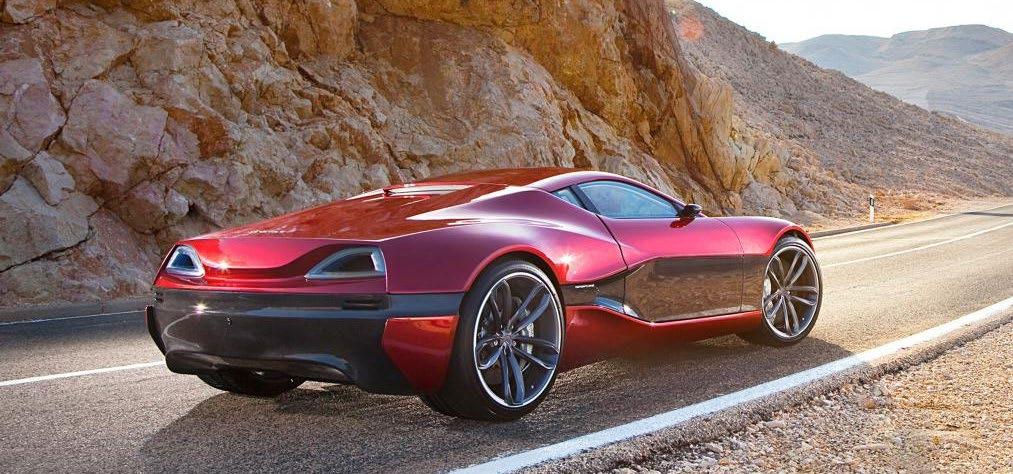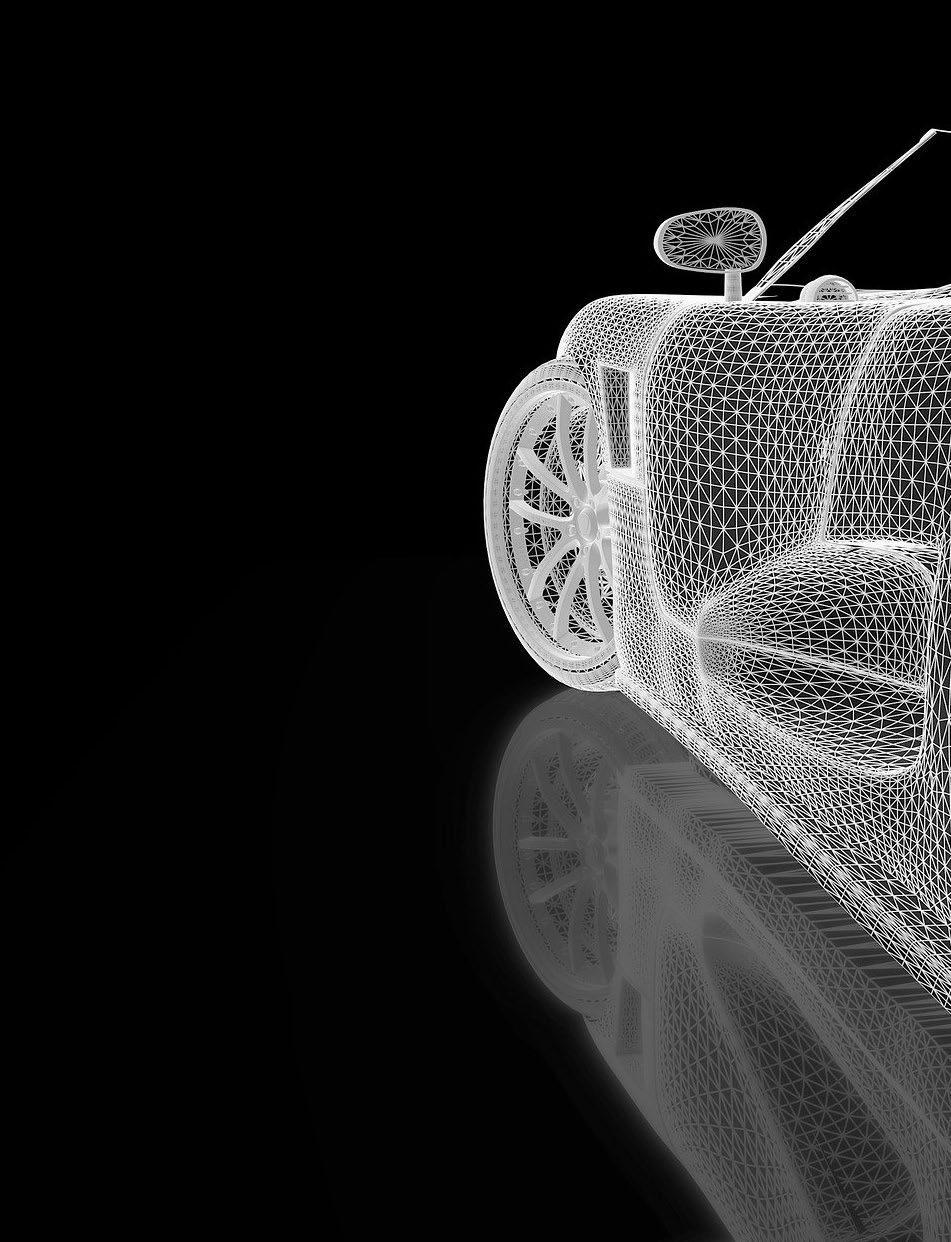
4 minute read
WORLD’S FASTEST ELECTRIC CARS
TECHNOLOGY
SPORTS
Advertisement
VEHICLES
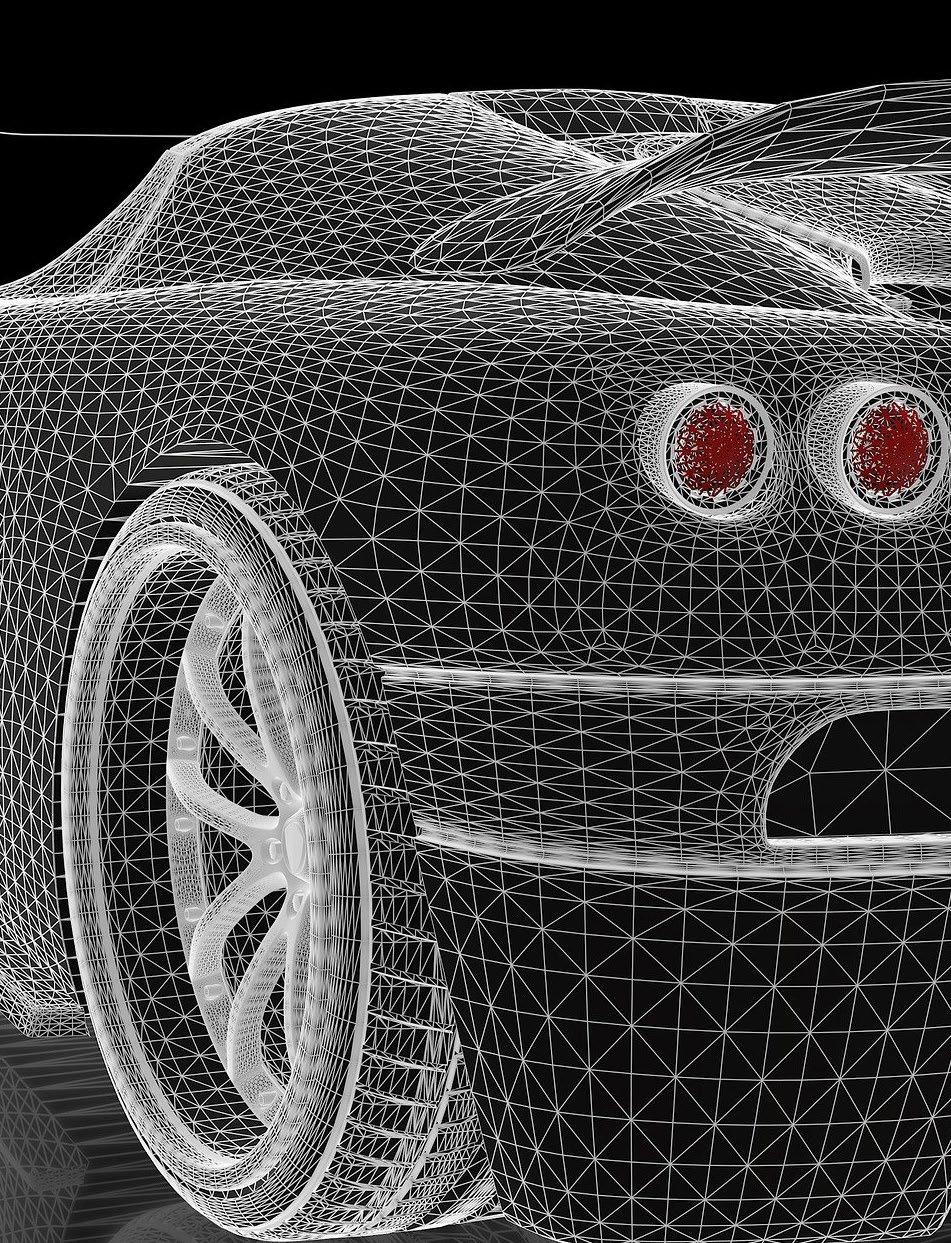
With the technology that the automotive industry has today, it is not surprising to see cars out performing records on an annual basis. Over the years, we were made to believe that petrol is the best option to run cars.
There are great things proved by electric cars. The fastest electric cars proved just what modern engineering can bring to the table. The world’s fastest electric cars offer performance petrol-powered models couldn’t dream of. If you’re under the impression that electric cars offer the style and performance of a 1970s milk float, then think again. The latest crop of high-end electric cars top the table for the fastest-accelerating cars money can buy.
Genovation GXE

It looks like a Corvette and goes like a Corvette, but the Genovation GXE certainly doesn’t sound like one. That’s because where you’d usually find a big 7.0-litre V8 engine, there is instead a plethora of electrical components making the GXE the world’s first street-legal electric car to top 200mph. Genovation doesn’t quote an official 0-60mph time, although a figure of around three seconds is likely. Top speed is 209mph. That car used the previous C6 generation of Corvette, but production models will be based on the current C7 Corvette Stingray.
Tesla Roadster
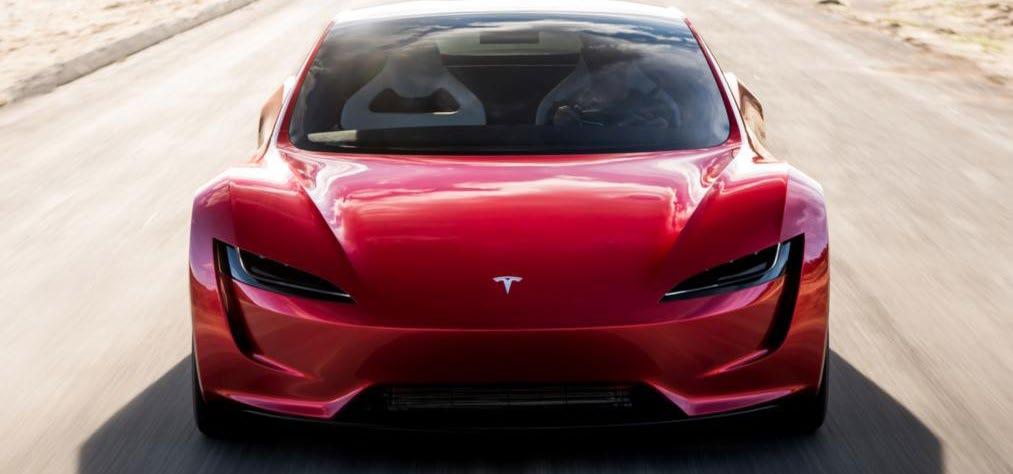
the Tesla Roadster is likely to be the fastest car in the word – electric or otherwise – by some margin when it goes on sale. Tesla’s claimed figures seem otherworldly on paper: 0-60mph in 1.9 seconds and 0-100mph in 4.2 seconds are acceleration times more commonly experienced by Formula 1 or World Rallycross drivers, while the claimed top speed of around 250mph is faster than either. A standing quarter mile is said to take just 8.9 seconds – the fastest time ever for production car if accurate.

Aston Martin RapidE

The Aston Martin RapidE is shaping up to be the upmarket alternative to the Tesla Model S. As its (slightly awkward) name suggests, it’ll be based on the Aston Martin Rapide S, but the familiar 6.0-litre V12 petrol engine will be replaced by a fully electric powertrain, co-developed by the technology division of the Williams Formula One team.
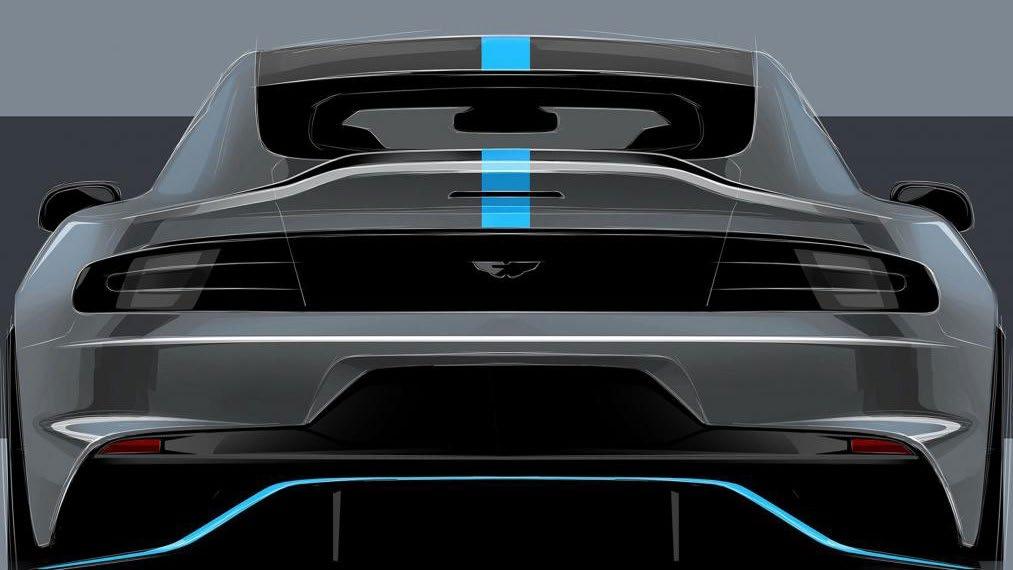
The similarities between the Nio EP9 and the Rimac Concept One are striking. Both are built by start-up companies, both feature in-wheel electric motors and both have the sort of sleek supercar lines you might have drawn as a child. The Nio trumps the Rimac when it comes to total power, with 1,341bhp in total, but there’s little or nothing between their acceleration times. That’s because Rimac quotes a 0-60mph time, while Nio quotes 0-62mph. That makes the Nio’s 2.5-second time too close to call.

What isn’t in doubt is the Nio’s prowess on track, thanks in part to a chassis built to Le Mans race-car specifications and clever adaptive suspension. This resulted in the Nio EP9 lapping the Nürburgring in a remarkable 6m 49.5s, something which leads Nio to claim the EP9 as the world’s fastest electric car.
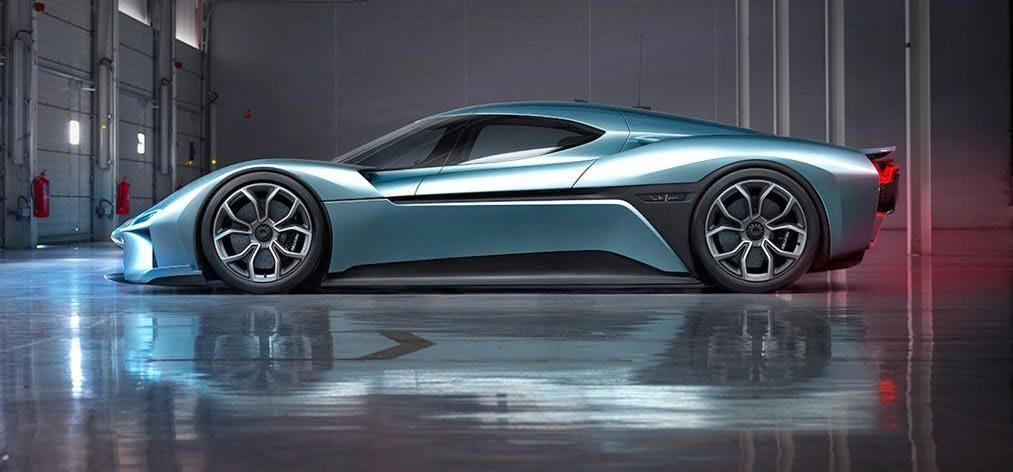
Faraday Future FF 91
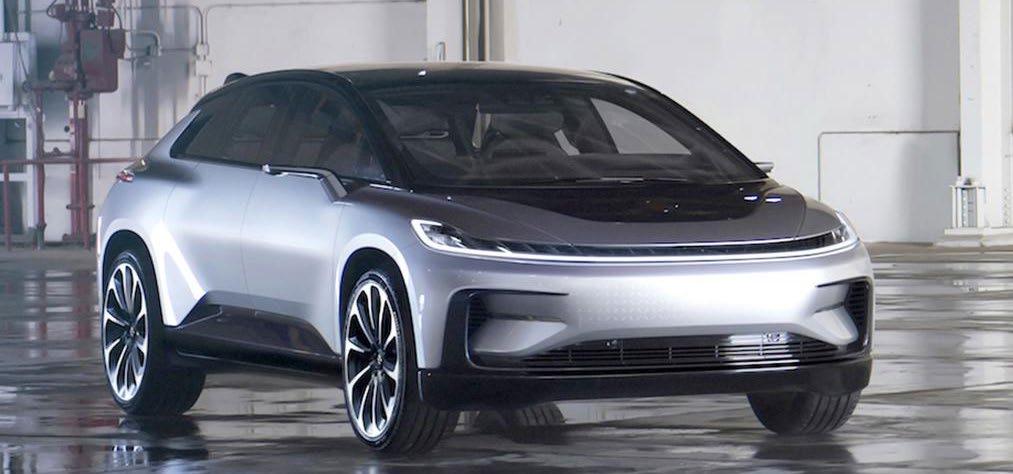
The FF 91 beat the previous record for a production EV at the Pikes Peak hill climb in the US by 20 seconds. The production model will pack a 130kWh battery. It produces 1,050bhp and gives the car a range of more than 300 miles – and a phenomenal 0-60mph time of 2.39 seconds.

Rimac Concept One The Rimac Concept One is among the most famous electric supercars, largely thanks to a well publicised crash involving Richard Hammond. Sadly, while that unfortunate event put Rimac on the map, it also overshadowed the fact that the Concept One is the second-fastest accelerating electric car you can buy today, with a 0-62mph time of just 2.5 seconds.
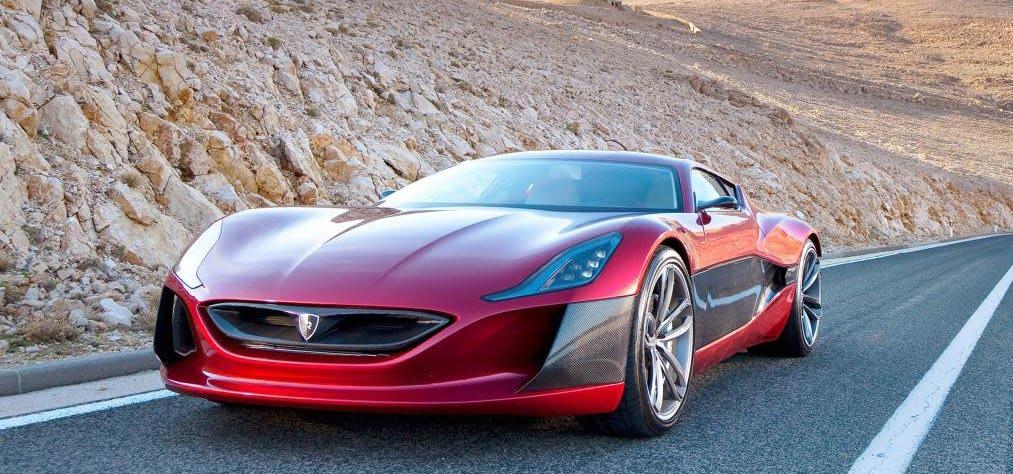
That’s thanks to the 1,224bhp it produces – not bad considering the Concept One is the first car from Croatian firm Rimac. The car is a clean-sheet design, with an electric motor driving each wheel and a system called torque vectoring to make it more stable on the road or more agile on track.
